When CJ visited us a few weeks ago, the response to her pitching ideas was phenomenal. She has graciously offered to share her other pitching article with us today, focusing on the three types of pitches you should prepare for editor/agent appointments. With National coming next week, it's time to sit down and hone your pitches. Don't be afraid to grab your friend, your spouse, or your Cocker Spaniel and practice until you perfect your pitch. It's your time to have an editor/agent's undivided attention. Granted, it only lasts for about ten minutes, but it's important to make every second count. Wishing you all good luck!!!
KJ
Award winning medical suspense author CJ Lyons is a physician trained in Pediatric Emergency Medicine. Winner of the Golden Gateway and a Golden Heart Finalist in Romantic Suspense, CJ is a member of Mystery Writers of America, International Thriller Writers, Romance Writers of America, and Sisters in Crime. Her writing has appeared in Romantic Times BookReviews, CrimeSpree and Spinetingler. Look for her debut novel, LIFELINES, coming from Berkley in April, 2008. Contact her at http://www.cjlyons.net
Here is CJ's advice on pitching...
If you're a writer, the Pitch is your best friend.
Why? Because it's what you'll use every time someone asks you to tell them about your book. Agents, editors, elevator folks, Great Aunt Martha. Whoever.
So you need to polish it. Since it's verbal, shorter is better. No more than 25 words total, 10-15 is better.
Short, sweet, memorable. That's what you're going for—hey, I didn't say it would be easy!
There are several different types of pitches. Here's how I define them:
#1 The Elevator Pitch
--a very quick, easily memorable way to let someone who has never read your work know what it's going to be like (note: not what it's about, but what they can expect).
To use an example from my own work, the elevator pitch for my new medical suspense series from Berkley (first book out next April, yeah!) is: ER meets Grey's Anatomy
Implying that it has the edgy realism and non-stop action of ER, but also focuses on relationships like Grey's Anatomy.
I think elevator pitches were invented by all those ADD Hollywood types
It's your down and dirty answer to: what is your book like? It's a comparison, not an explanation or description.
The trick with elevator pitches is to use something universally known or something current and trendy. You need to use comparisons your audience will understand, nod their heads and say, oh yeah, that sounds like something I'd read
#2 The TV Guide Description
--this pitch is more descriptive. Start with your book's tag line (also known as a "log line")
These are those throw away lines that scream at you from the cover. Also look at movie posters and TV guide ads--they use hook lines a lot.
JAWS: don't go into the water, ALIENS: in space no one can hear you scream, etc.
These lines are useful to hook the reader and transition into your blurb.
For the first book in my Berkley series, LIFELINES, the tag line is: July 1, the most dangerous day of the year.
Notice what a tag line does that's different than an elevator pitch. An elevator pitch is a comparison.
A tag line gets the reader to ASK questions, builds that emotional velcro by getting them involved.
Back to my tag line. Readers might ask: why is July 1 the most dangerous day of the year? What will happen then? Who is in danger? What kind of danger? Etc
These tag lines are also great to use on websites, business cards, etc. Often, they'll end up on the book's front cover.
Okay, so you have a tag line. Sometimes that's all you need, the conversation will evolve naturally from there. Other times you use it simply to attract attention and move into a more detailed description. So be prepared, either way.
#3 The High Concept Pitch
--the high concept pitch: also quick and dirty, but here you're going farther than a simple comparison.
Instead of comparisons you use ICONs or universal concepts to connect your fictional world to the real life world of your audience. This creates emotional velcro with your audience, leading them to be interested enough to want to know more!
To do this, you need to do two things:First, find a hook. This is the unique spin that you have put on your story. This means narrowing your search to one small part of your story. Start with your premise, usually the hook will be apparent there. If not, keep looking
Basically you're boiling your novel down to one and only one unique concept--whatever it is about your story that will create an immediate emotional connection or spark interest. Second, tie this unique hook to the larger world by using universal icons and feelings, implying that society at large is affected.
Something that brings this hook, specific to the time and place of your novel, into the ordinary world of your audience.You're building a bridge here, connections, emotional velcro....whatever you want to call it, it needs to be so easy to grasp that anyone can feel it immediately.One of my favorite high concepts: ALIEN's.
It was: Jaws on a spaceship.The unique hook = spaceship. Unique because no one has been on a spaceship, it's something unfamiliar to the ordinary audience.The universal icon = monster (Jaws). Everyone has had childhood fears of monsters under the bed. We all know and understand fear, nightmares, terror. In fact, a large segment of the movie going audience (Alien's target audience, in fact!!) pays good money to feel these emotions! Add the two together and we have a universal fear of monsters combined with no where to run (trapped on a spaceship). A powerful one-two punch!!! Feel how it evokes an immediate visceral response as well as intrigue??? The audience hearing this high concept immediately squirm in their seats, ask themselves: where can the people on the ship run? How can they fight the monster?AND, the movie makers tied this high concept into their advertising by using a tag line of: In space, no one can hear you scream....But note—there is no mention of character names, no long, involved psychological profiles, nothing except the bare essentials needed to pique the audience's attention. That's the beauty of the high concept, it strips everything away except what you need to intrigue your audience.
Another example. David Morrell's recent book, SCAVENGERS used as its high concept: a scavenger hunt (unique hook) to the death (universal concept). The tag line used in advertising: Some secrets should remain buried... Pretty obvious David's audience are lovers of thrillers/suspense, and wouldn't that audience immediately respond to that high concept? Be intrigued, think, hmm...I want to read that book, wondering what this master of suspense has in store for them.
Stephen King is also brilliant with high concepts. CUJO: rabid dog (hook) terrorizes town (universal fear). SALEMs LOT: vampires (unique hook--at the time) terrorize town (universal fear), CARRIE: prom queen (hook) terrorizes town....okay, anyone think King is writing sweet romance? Or has he earned his title of the King of Terror? So much depends on knowing your audience that it's hard for anyone else who hasn't read the entire book to create a high concept for you. It all depends who your target audience is and what kind of emotional experience you want to promise them.Often, because the high concept is such a tiny taste of the entire book, as writers, we get frustrated because we're looking at the big picture. We just spent months with these characters, we want to share them with our audience, expand on them, not boil them down to a bare skeleton
But no matter which kind of pitch you use, you'll probably need a more fleshed out description. Something that conveys very quickly what kind of book this is, what it's about (or who it's about) and what stands in their way.
Again your goal isn't to give away everything but rather to raise interest and more questions in the listener's mind.
Try starting with your theme or premise, add in your main character and their goal and main obstacle.
This is hard, very, very hard!! Be patient, keep trying, brainstorming power words, re-arranging and most importantly practicing saying them aloud. Pitches are verbal so they need to sound smooth, natural, not awkward or stilted.
The only way to learn how to do these is dive in and give it a try!
Good luck!
CJ
CJ, thanks for joining us again today. We'll miss you at RWA next week (CJ is attending Thrillerfest in New York), but know that we'll be using your helpful tips when we pitch! Have a great time at the conference.
KJ

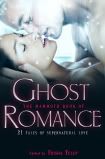
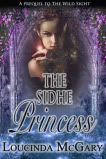
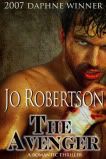
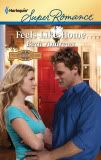
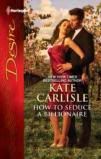

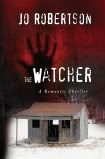


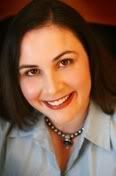











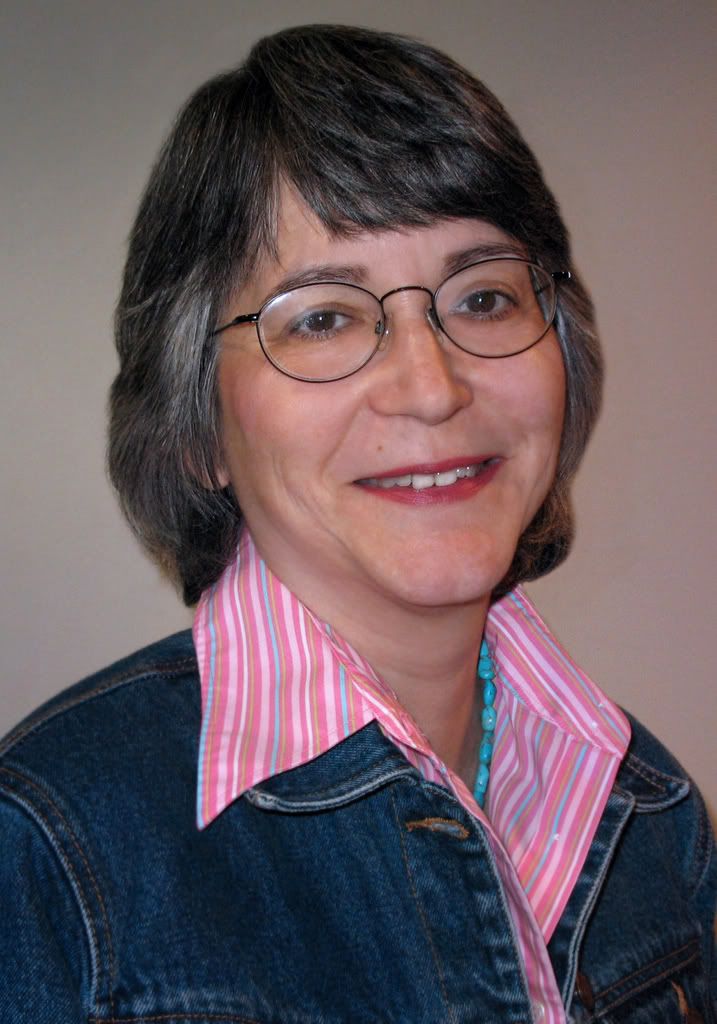




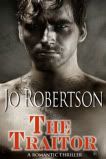




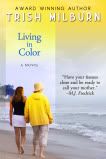
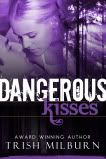









































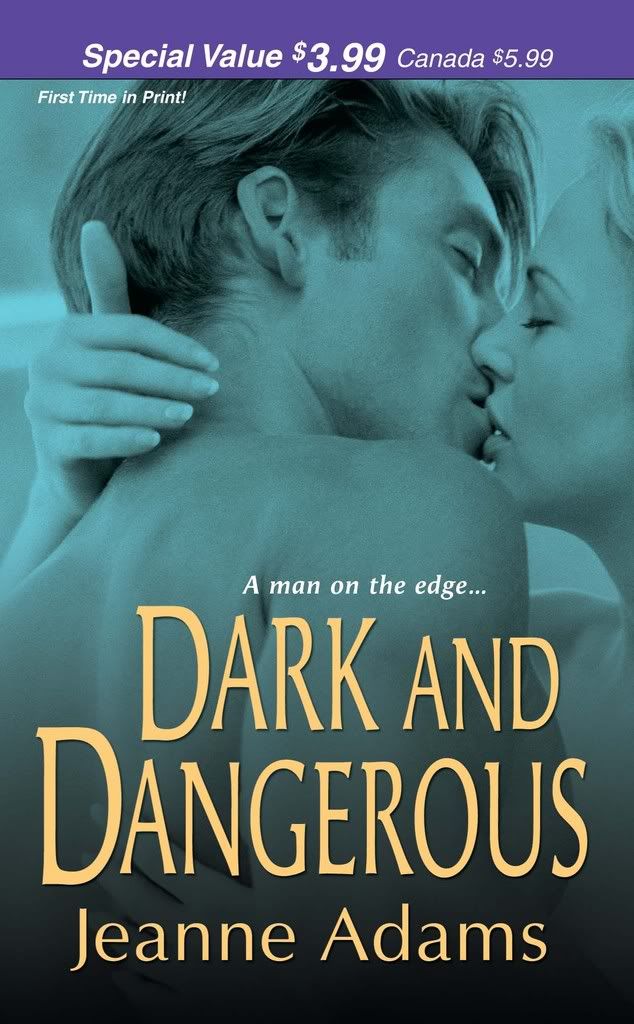



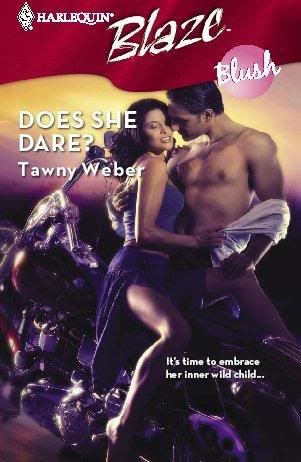





12 comments:
I fully agree with the very, very hard comment! And it's reassuring to hear someone say that not every story lends itself to the "high concept", er, concept.
Quieter stories tend to get overlooked these days. Unless things are blowing up, bodies are stacking up, or characters are behaving outrageously, it can be hard to stand out from the crowd. Any advice on where to focus your pitch if you are lacking in high concept elements?
Caren,
Try focusing on what makes your "quiet" story unique. Where was your own passion in writing it? What "hook" in the story compelled you to spend months writing it or gave you that perfect plot twist you needed? What makes your characters spring to life and stand apart from the crowd?
Again, we're all so used to looking at the forest because we have this entire universe living in our heads (don't know about you, but it gets kind of crowded in mine!). Sometimes we need to stand back and look a the individual trees that stand out.
A fresh reader, someone who knows nothing about the story might help. Ask them what stood out the most in their mind, what captivated them....
Best of luck!
CJ
Wow, thanks, CJ. I will persevere and look for the unique elements. When it is something nebulous, like voice, it can be a challenge. After all, how is an editor going to know you have a great narrative voice if she never reads your stuff?*g*
And how can the Marketing department design a cover around that and make it pop off the shelves? Yes, much more thought must be given to this.
So, next question. How long did it take (as an unpubbed author) to figure out what your high concept was or your author brand? Did you figure that out as an unpubbed author or did it come after you sold?
Wow, Caren, you ask the tough ones!!
First to voice. To me that IS an essential part of my brand--whether I'm writing more action packed thrillers or more psychological, twisting medical suspense.
My rhythm and pacing may change, word choice, language, etc, but my underlying voice is still the same.
So what do I see as my voice?
That in every CJ Lyons book you pick up you'll be guaranteed two things: No one is immune to danger (my tag line) and that Heroes are born everyday (what I would have used for my tag line if I hadn't come up with #1, lol)
When did I figure this out? Before I was published when I was trying to figure out why I was getting all these wonderful, personalized rejection letters from folks who said they loved my writing but it wasn't "right" for them!
At that time I was submitting to agents and editors who specialized in mystery. A published friend told me: your work isn't about the crime, it's about the people and the relationships, plus you write a helluva sex scene--maybe you should try RWA?
I looked at my work and asked myself some tough questions, namely: Where was my passion, Why was I writing these books, and What was I really writing about.
After that I had the basic building blocks I needed to put the rest together into a cohesive brand.
Each and every book is very, very different (ask Kim, she's read a few of them!) but the voice remains the same sending the same message: CJ Lyons is a pediatric ER doctor who has created a world where No One is Immune to Danger....translation: if you want realistic, edgy, character-driven suspense/thrillers CJ is the author for you!
Hope that helped!
CJ
Caren's question Part 2:
You also asked about how to market your voice.
Your voice shouldn't be the unique hook you try to use for a pitch--instead focus on what's unique about an individual book.
This hook and pitch is what will attract a reader TO your work...your voice is what will keep them hooked and turning pages and wanting to come back for more once they've finished.
Thanks for coming back, CJ, and for sharing more great tips on pitching. I'm definitely going to use your advice to help me with my pitches in Dallas *g*
Best of luck, Beth!! Have fun with it!
CJ
Hi CJ, I've never seen the pitch broken down and explained so well. Thank you for visiting Romance Bandits today!
I love taglines, and I think our Donna MacMeans has a fantastic one for The Education of Mrs. Brimley--'A little knowledge can be a dangerous thing...'
I just wonder how you work a tagline like that into a face to face pitch session. Do you just say it, or do you say, My tagline is ... Sometimes I find it hard to lead into these types of discussions.
Christine, that's an excellent tagline for that title!! Bravo, Donna!
Leading into a pitch can be awkward if the pitchee (the agent or editor) is too tired/bored/irritated/jet lagged to toss you a question to get you started.
Usually they start with some mild chit-chat and say something like, "so what do you write" or "what are you working on"?
In that case, you answer with: I've just completed a single title called The Education of Mrs. Brimley. In it I explore the idea that 'A little knowledge can be a dangerous thing...'
She'll start asking questions or you can launch into your description.
If you read my first post here on pitching, you'll know that I'm a firm believer in talking about your books as LITTLE as possible. Keep the conversation flowing so the editor remembers YOU, not just your book.
I recommend printing your tagline and maybe a 15 word blurb on the back of your biz card (Avery clear labels work excellently). This way while you're chatting about everything except your book, you can turn this card over and set it in front of the editor.
They'll glance at it, smile at your cleverness, say "tell me more about your book", you give them a 20 second description, she says "that sounds great, send me it" and you go back to your one on one personal conversation....mission accomplished!
Thanks, CJ, and good luck to everyone pitching at National! I'm sure if you pay attention to CJ's tips you'll knock their socks off:)
CJ and KJ: Thank you for an excellent primer on pitches!!
Christine and Keira,
You're quite welcome! I love talking about this stuff--in fact that answer I gave about voice is the subject of a month long workshop I give.
Thanks so much for having me back and best of luck for everyone who will be pitching!!
CJ
Post a Comment